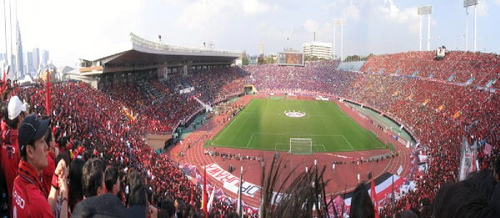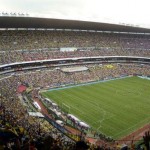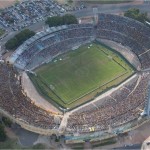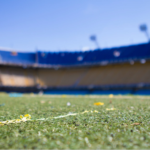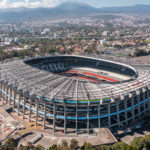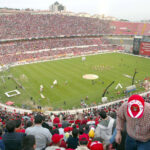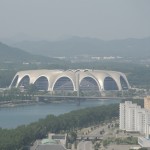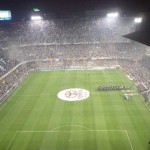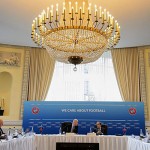The National Olympic Stadium has always chosen the best team in the world
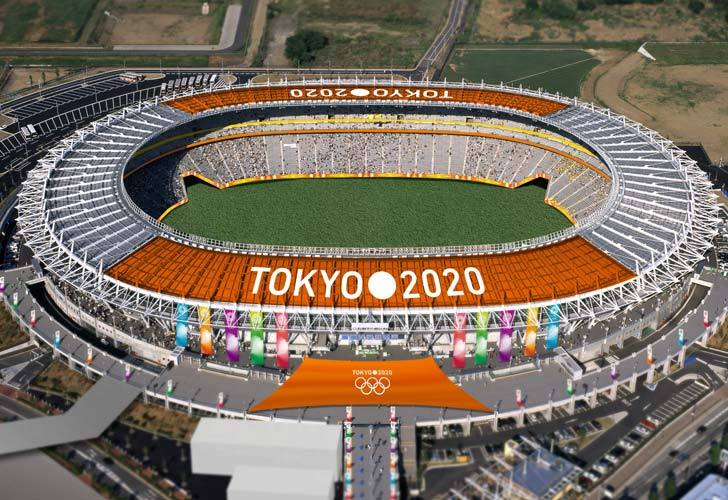
Last update 1 April, 2014 por Alberto Llopis
Hanging by the Football directs his gaze to one of the quintessential Asian temples: the National Olympic Stadium, Cathedral of Japanese football. The most important eastern footballing world stage. A place where football is lived as a religion.
Despite not being the coliseum any J.League team continuously, This stadium has hosted the Intercontinental Cup since 1980 a 2001, or the end of the Emperor's Cup each year, This stadium was inaugurated 20 de noviembre de 1958 in order to host the Olympic Games in Tokyo 1964, They are representing “Japanese miracle” after the devastating World War II occurred 20 años antes.
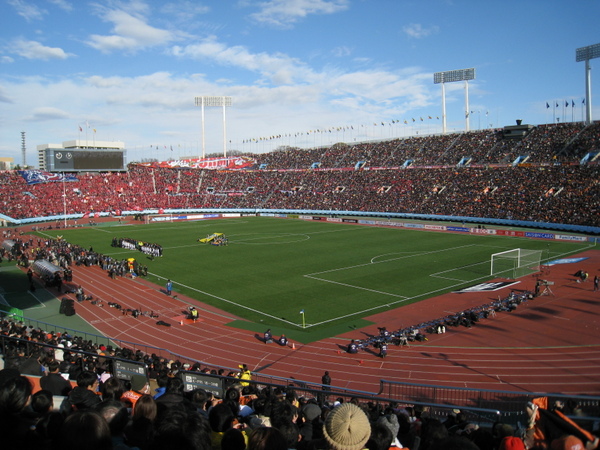
Accommodating 57.349 people today and athletics track around the pitch, the first major event of international significance received by this majestic stadium were cited Olympics, where Hungary would get back an Olympic gold after beating Czechoslovakia 2-1. Además, The stadium witnessed the last relay of the Olympic torch, carried out by the baby Hiroshima, born the same day they released on the Japanese city bomb.
Sin embargo, the international impact of the stadium would come in the early 80, when the stadium step to host the Intercontinental Cup only party contesting the European champion and the Copa Libertadores. Under this format, The stadium witnessed the presence of the best world teams and stars. En 1985, Juventus Platini and Laudrup staged which for many has been the best final of the Intercontinental Cup ever played, end that would end the Italian victory in kicks from the penalty spot.
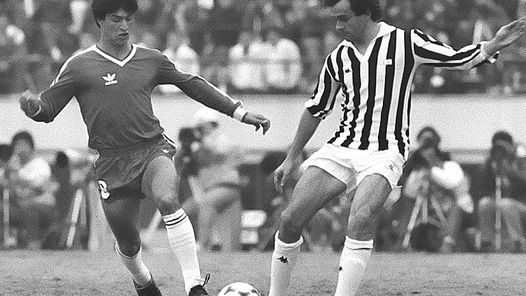
Tres años después, was the Penarol which stood the Cup against PSV Eindhoven in Romario with an emotional penalties that included 20 Releases filled with tension and passion. All of this, después de 120 minutes of constant changes in the score and the game. En 1989 y 1990 would be the Sacchi Milan which he dazzles the Japanese public in the stands of Olympic Stadium. Two titles that were used to confirm the Italian team as one of the leaders of world football.
En 1991, Olympic Stadium lived one of its best moments. The celebration of World Athletics Championship served on site to see the best athletes of the moment. Occasion allowed to see the world record jump by Mike Powell (still valid today with 8 m,95 cms) in a tremendous end Carl Lewis. Precisamente, el “son of the Wind” It would be the star of the event to win the Olympic gold in the 100 metros, in the so-called Great Race, where six athletes managed to lose the 10 seconds.
One year later, another emblem soccer, el Dream Team Cruyff Japan visited the enclosure, but without much success, Sao Paulo because of Raí and Cafu defeat him in the final by two goals to one. Reedit title one year after defeating in a grand final to AC Milan Capello.
En 1998, Raul became the protagonist of the end, to mark his famous goal “aguanis” the Vasco de Gama. The move an entire class prodigy of intelligence and served to elevate the 7 white at the top soccer. Not so good things you would go to white set, two years later she fell to Boca Juniors with a dazzling Juan Roman Riquelme and Martin Palermo as executioners.
